Engage your Child During the COVID-19 Pandemic (7 Tips)
Written by Alexander Academy in Blog on May 26, 2021
We have gathered some helpful tips to help parents with a child in secondary school to best support learning during this challenging time.
We want to reassure parents that there is no right or wrong approach. You know what will work best for your child.
Connect with your child’s teachers
The parent- teacher connection remains incredibly important during this pandemic. Communications with teachers should be frequent, clear, relevant, and aligned to the different needs of your child.
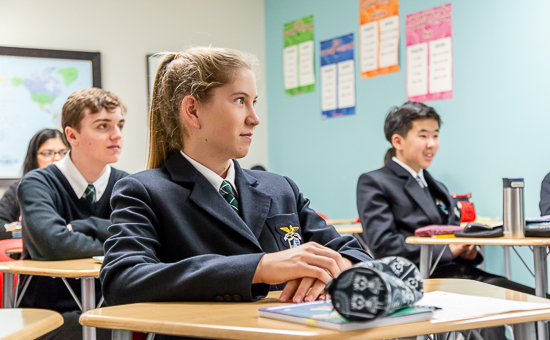
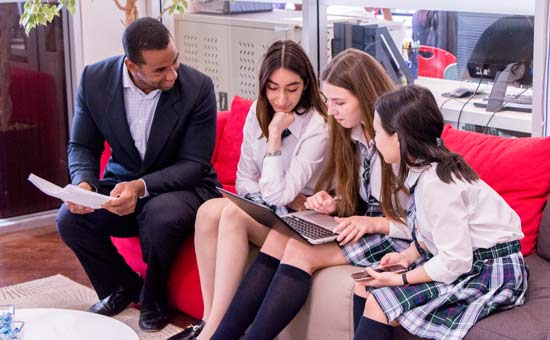
Our students stand the best chance of success in online learning if teachers, parents and students come together as a team to provide structure, schedules, fun learning opportunities and extra help if needed.
It is important to encourage students’ perspectives and honour their voices, whether they are learning in school or at home.
It is necessary, therefore, to take time to learn what students are interested in and what is (and is not) working for them.
Ask open-ended questions and encourage them to talk about their feelings and experiences. Personal connections with each student lasting even 5 to 10 minutes each day can make a profound difference.
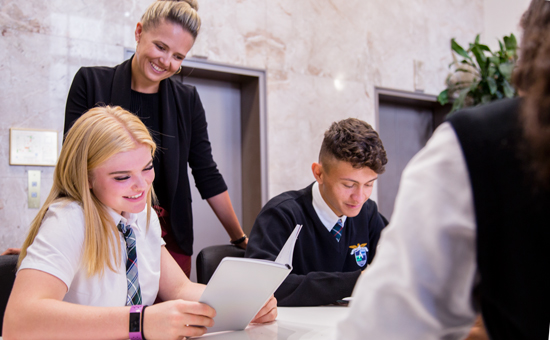
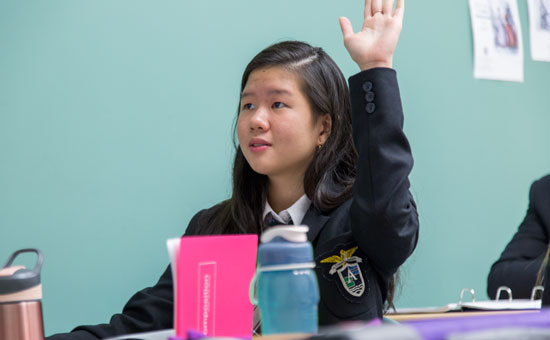
For students learning from home this year, there have been many challenges; however, the best way to support our learners is through solid teamwork involving everyone – teachers, parents and students-we all need to work together to make online learning successful. As the saying goes, “Team work is Dream work.”
Monitor your child’s levels of engagement
Monitor absences closely.
Not every student engages positively in online learning. Some students may struggle to maintain motivation.
In response, try to intervene early and stay in touch with teachers and the school.
Pay attention to safeguarding.
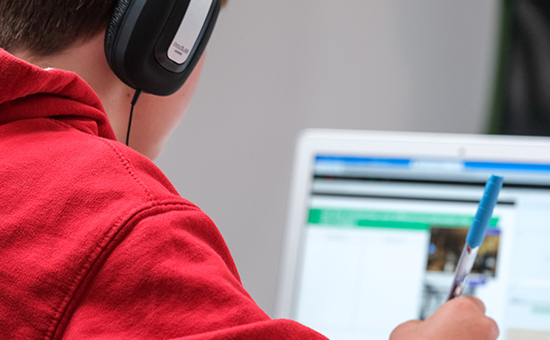
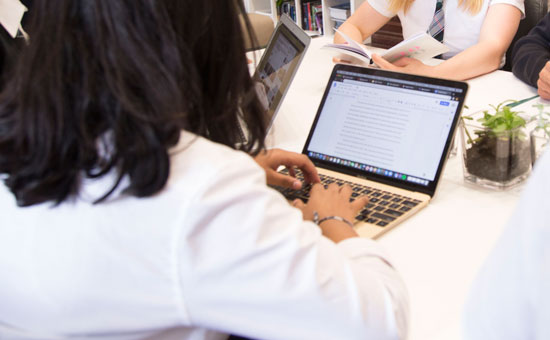
Whether your child is at school or at home, their safety, remains the top priority.
There are new concerns emerging over safeguarding in online environments as more students are participating in virtual experiences. It is wise to research available resources to help your child remain safe online.
Oversee your child
It is important for parents to keep an eye on what their children are doing during class time.
Sometimes, parents may assume that their child is computer-savvy, so they do not monitor them while they are online; however, this can cause problems if the child is not managing their time well.
For example, high school students may need more assistance, in getting up on time to log in. If your child seems to be struggling with their lessons, parents should connect with the teacher.
If you notice after a few lessons that a child still is not grasping a concept, ask the teacher for a meeting.
Create a schedule
Help create a schedule with your child to ensure assignments are completed and to strike a healthy balance between school work and free time.
Make sure the schedule is consistent with clear expectations around their timetable include snack breaks, time for class, for leisure and for mental breaks.


Remember to post the schedule on the fridge! It is important for students to feel that they have control over their learning to help them stay motivated.
Mindfulness Practices for Families
When parents and children are feeling big emotions, it’s good to find some calm. Simple mindfulness activities can help. Mindfulness is noticing what’s going on outside—and inside—of us with acceptance and kindness.
As mindful parents, we can be curious and open to understanding what our children are feeling and experiencing.
Research mindfulness exercises designed to help both parent and child experience a sense of calm connection during challenging times.
Monitoring your child’s social media usage
At this time of social distancing and isolation, many of us—and our kids—are relying on the Internet and social media to keep in touch with friends and family and up to date on the news.


While it has many positive aspects, social media can also negatively affect your child’s levels of stress, anxiety, and uncertainty. If you are worried about your child’s social media use, you may be tempted to simply limit their access to their phone or other devices.
But that may separate your child from their friends when they need them most. Instead, research other ways to monitor your child’s online activities.
Talking to your child
Dealing with the pandemic can be very tough on adolescents, who are missing out on key moments in their young lives. Many are spending long periods separated from their friends and are missing important life events.
When trying to get your child to express themselves, keep the conversation light at first. Stick to topics you know they will enjoy, such as their favorite music, sports teams, movies, friends, rather than subjects where you will likely disagree.


Once you have begun chatting, you can move on to more difficult subjects such as the pandemic and other things going on in their life. Be empathetic about the things that they have been forced to give up during the pandemic.
Validate their feelings and listen without trying to convince them that they will be fine or reminding them that others have it worse.
Sharing your own disappointments and frustrations may also put you on the same team.
To Conclude
We are all going through this challenging time together.
At Alexander Academy, we are here to support you and your child. Please reach out to us.
Lastly, be gentle with your children as they learn, but most importantly with yourself as a parent!
Looking to start the application process? Apply to Alexander Academy here
You can apply online above or request additional information below.
